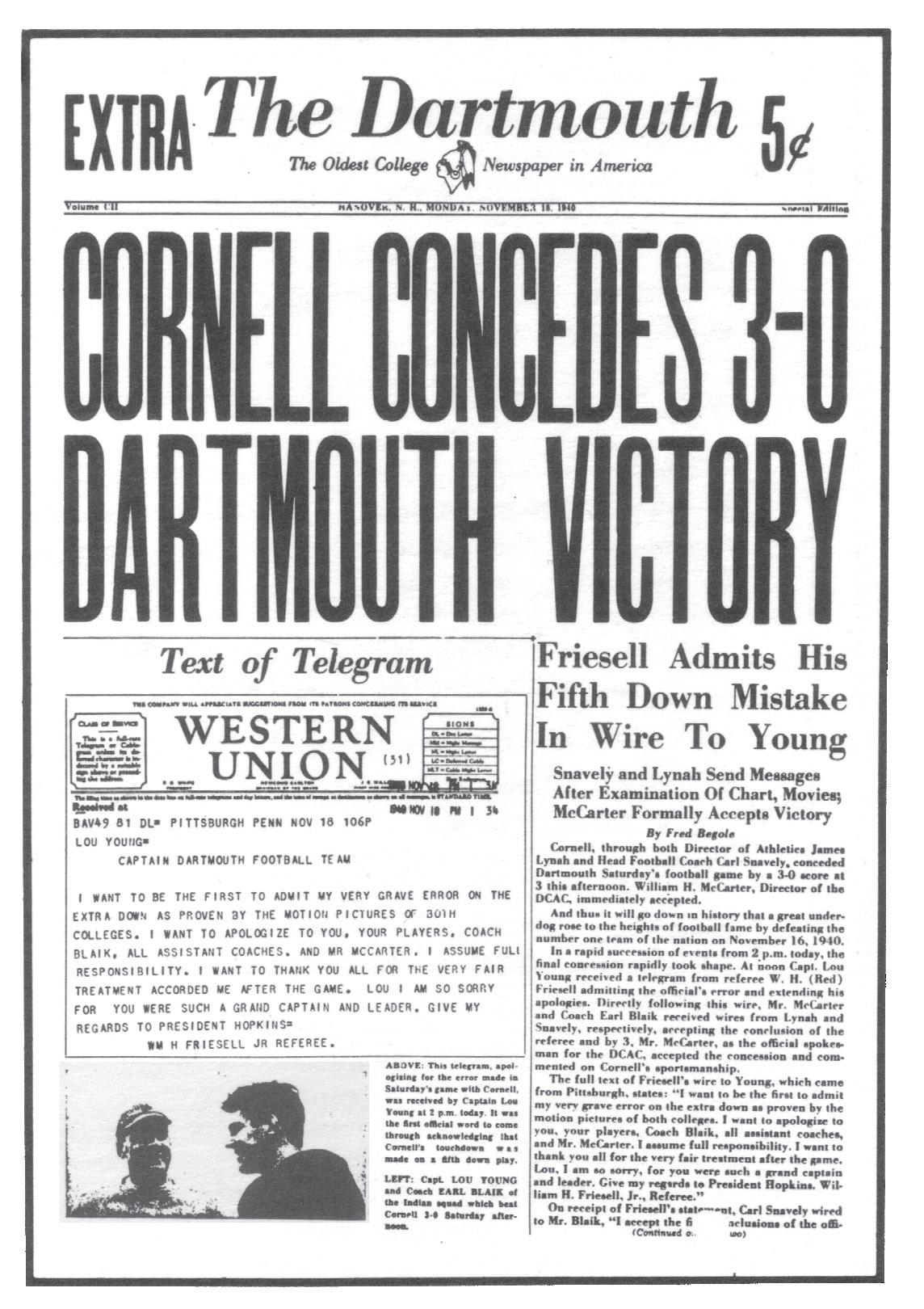1 minute read
Plan B Vending Machines Approved by Pres. Pollack
Next Article
By JULIA SENZON and AIMÉE EICHER Sun News Editor and Sun Assistant Managing Editor
This article was originally published March 8.
President Martha Pollack expressed support for Student Assembly’s Resolution 20 — which proposes increased access to nonprescription health care supplies, including contraception — in an email response to the S.A. on March 7.
“I support efforts to expand access to non-prescription health care supplies, including contraception,” Pollack wrote. “Cornell Health and campus partners are currently reviewing a proposal for such supplies to be made available via campus vending machines and I encourage your continued collaboration with them.”
The S.A. passed Resolution 20 on Thursday, Feb. 9, and the University Assembly conveyed their version of the proposal — Resolution 5 — to President Pollack on Thursday, March 2.
According to an email obtained by The Sun, President Pollack responded to Duncan Cady ’23, chair of the U.A. and an S.A. undesignated representative-at-large, who also co-sponsored Resolution 5 and Resolution 20.
On March 6, the Graduate and Professional Student Assembly also passed Resolution 7, their version of the proposed resolution.
Resolution 20 aims to implement vending machines with nonprescription medicine and emergency contraception around campus. Several members of the S.A. — including Sanvi Bhardwaj ’24, the College of Human Ecology representative, and Shelby Lynn Williams ’25, a College of Arts and Sciences representative — said they were pleased by Pollack’s support of the resolution.
Bhardwaj emphasized the resolution’s importance in improving healthcare access at Cornell.
“This is critical for increasing health accessibility and equity on campus, as Cornell Health is far for many students, not open 24/7 and the generic version of Plan B they carry is significantly cheaper than the name-brand version offered at most pharmacies,” Bhardwaj wrote in a statement to The Sun.
According to a survey conducted by Cornell University Planned Parenthood Generation Action, increased emergency contraception access is both necessary and desired.
Out of approximately 700 respondents from the Cornell community, 53.3 percent said that they have accessed emergency contraception for themselves or another person and 90.32 percent said that they would feel very comfortable or strongly comfortable accessing emergency contraception from a campus vending machine operated by Cornell Health.
Katherine Esterl ’24, co-president of PPGA, also noted that Cornell’s physical isolation from the greater-Ithaca area poses a transportation barrier for










